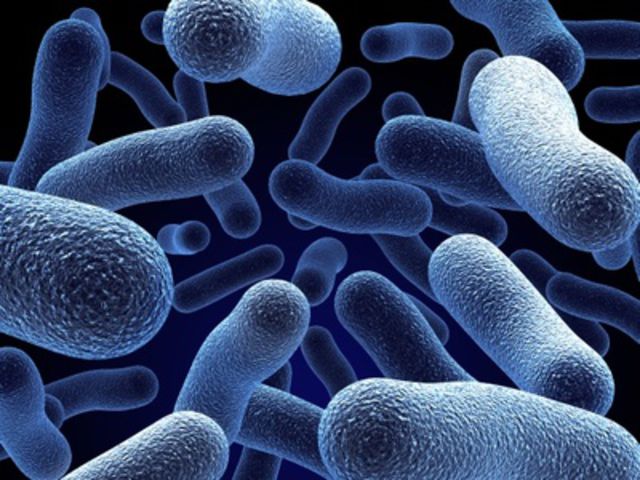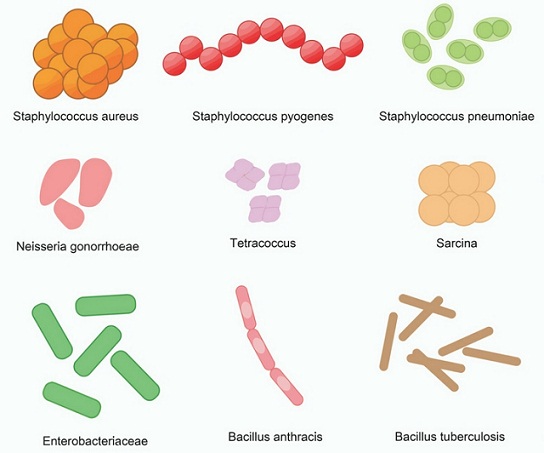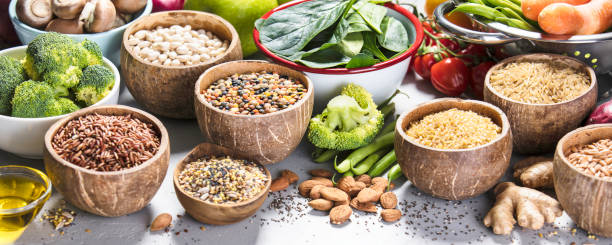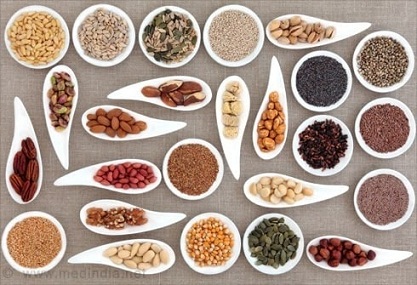How Do Probiotics Help With Weight Loss
Most people have struggled with trying to lose a few pounds and get a good belly at some point in their lives.
The problem is that results are almost never consistent, and in some cases, are not visible at all – despite sincere efforts to lose weight.
If you are tired of your unsuccessful efforts to lose weight, don’t blame the dietitian. The culprit could be your gut microbiome.
An imbalanced gut microbiome is now known to be a major contributor to weight gain, which impedes all efforts undertaken to shed pounds.
Luckily, probiotics can help balance out the gut microbiome and put you on the path to healthy weight loss. Here is everything you need to know about how probiotics can help with weight loss.
How Does Gut Bacteria Affect Body Weight?
It is important to understand how your gut bacteria composition may affect body weight before you begin unraveling the weight loss characteristics of probiotics.
Your digestive system has trillions of different microbes from hundreds of species. Most of these are good while few may be harmful.
Friendly bacteria help break down dietary fibers that the body can’t digest. In the process, they release short-chain fatty acids, like butyrate.
These chemicals help in controlling food cravings by regulating hormones like GLP-1.
Probiotics release several important nutrients, like vitamin C and vitamin K which are necessary for your body to regulate metabolism.
Bacteroidetes and firmicutes are the two main families of good bacteria in the gut. Your gut microbiome can become imbalanced causing weight gain when these two families of bacteria are not at optimal levels.
Normal-weight people are found to have different gut bacteria than overweight or obese people, in both human and animal studies.
Obese people, in a study, were found to have more firmicutes and fewer bacteroidetes as compared to normal-weight people. Growing evidence suggests that gut bacteria may play a powerful role in weight regulation.
Probiotics Improve Nutrition Absorption
Food is optimally digested when it is broken down into molecules that can be readily absorbed into the bloodstream for nourishment. Gut bacteria has a significant role in ensuring proper break down of food molecules.
In the process, probiotics also produce vitamins, enzymes, and short-chain fatty acids, all of which contribute to our digestion process and metabolism.
Beneficial bacteria help you absorb nutrients from all the food you eat, at the most basic level, which reduces hunger pangs and food cravings. You will tend to always feel unsatisfied and hungry if your body can’t absorb adequate nutrition.
Probiotics Regulate Hormones
Friendly bacteria regulate hormones that send signals to your brain to stop eating. This is very important when you consider the fact that most people become overweight by eating far larger portions than their body requires.
Leptin is produced by the body’s fat cells which are an indicator to the brain to stop eating. The more fat cells you have, the more leptin your body shall produce.
This is the evolutionary mechanism of the body to try and stabilize weight. However, if you ignore the fullness signals on an ongoing process, it will lead to an overproduction of leptin causing leptin-resistance.
Your brain will be unable to get the signal it needs to stop eating even though your stomach is full to bursting.
This gives rise to hunger cravings. Probiotics improve leptin sensitivity in the body so that your brain gets the message, that it is time to stop eating.
Probiotics Reduce Inflammation
A well-known precursor to metabolic syndrome is a chronic condition called inflammation. High blood pressure, high blood sugar, abdominal fat, and unhealthy cholesterol levels are inflammation caused risk factors which can trigger type-2 diabetes and obesity.
Inflammation in a healthy individual is the body’s immune reaction to something foreign or toxic in the bloodstream. Unhealthy diet over a period of time can cause leakages in the gut barrier.
Undigested food molecules, proteins and other foreign substances can leak into the bloodstream through the intestinal junctions which are meant to only allow nutrients to pass through. This can trigger an immune response and cause inflammation throughout the body.
Pro-inflammatory molecules and toxins can slip through when the microbiome is out of balance triggering allergic and immune responses that lead to systemic inflammation and the dreaded cycle of weight gain.
Probiotics help by lining the tight intestinal junctions and protecting the gut barrier. They help keep undesirable substances from entering into the bloodstream and preventing an autoimmune response.
Eighty percent of your body’s immune cells line the gut walls. Beneficial bacteria help regulate these cells and strengthen the gut barrier, aiding your weight loss efforts.
Science Backing Probiotics and Weight Loss
There are many studies that have found a correlation between healthy weight, weight loss and good gut bacteria.
People, who are thinner, as per recent evidence, have a wider range of gut bacteria. This indicates the importance of gut diversity in maintaining a healthy body weight.
Certain probiotic-weight loss related studies have placed special emphasis on fiber intake. Plant fibers are indigestible by humans, but can be easily fermented by beneficial bacteria present in the gut.
These bacteria release short-chain fatty acids which improve nutrient absorption and digestion, in turn helping prevent weight gain.
Overweight or obese adults tend to have more of unhealthier bacteria, and less of good, healthier bacteria or probiotics.
There’s enough evidence to suggest that taking probiotics can lead to weight loss, and in fact prevent weight gain.
A recent research showed how fiber-rich foods produce fatty acids in the body. These chemicals are thought to increase levels of GLP 1, a hormone found in the intestines, which reduces hunger pangs and food cravings.
Another study involving mice found that a suboptimal gut flora could inadvertently lead to weight gain. When the gut microbiome from obese mice was transplanted in lean mice, the lean mice were seen to start eating more which resulted in weight gain.
The Final Word
There’s no substitute for a high-quality, effective probiotic supplement when it comes to ensuring that you have plenty of beneficial microbes to support your healthy weight efforts.
Look for a broad-spectrum formula with various strains from the Lactobacillus, Bifidobacterium, and Streptococcus families that are combined specifically to help with weight loss.




